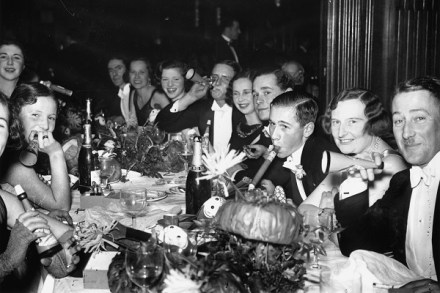Is addiction a disease?
Tonight, the Spectator will host a debate on the motion: ‘Addiction is not a disease’. Damian Thompson, Theodore Dalrymple and Dr Aric Sigman will lock horns with Trinny Woodall, Dominic Ruffy and Vic Watts to decide whether addiction is a medical condition or a pattern of immoderate behaviour. The extraordinary story of Reverend Flowers is likely to feature in the discussions. As Melanie Phillips writes in this week’s Spectator cover piece: ‘So what about all those drugs and orgies? The behaviour which even his former rent boy described as ‘debauched’? How could a man with such predilections have got away with being a Methodist minister for 40 years? Flowers claims the



















